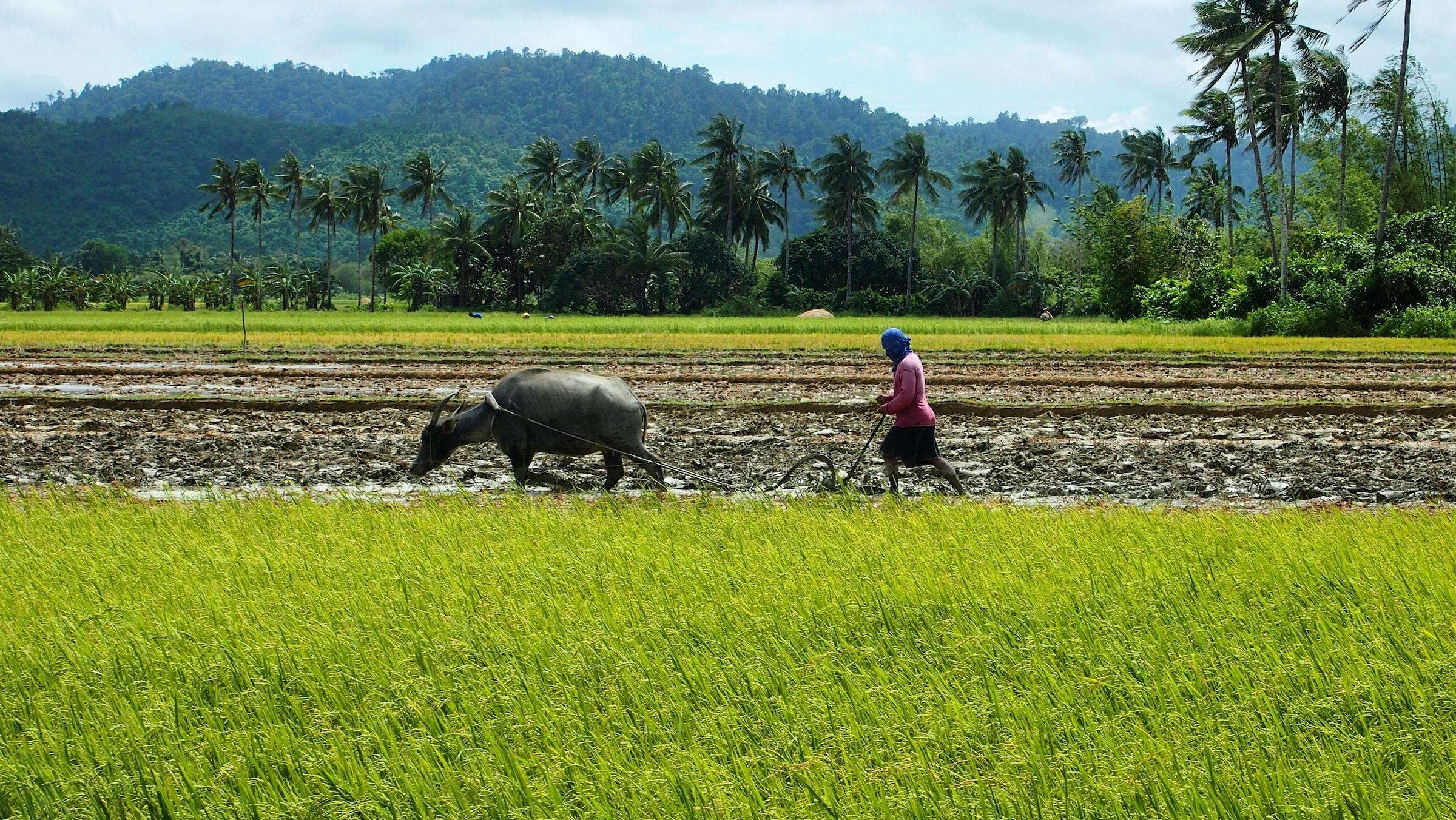
Imagine you are a woman residing in a rural community. Your daily existence is a relentless juggling act, balancing meagre paid work with a multitude of domestic responsibilities. Your day involves arduous tasks like fetching water and firewood, cooking meals for your family, tending to your young children, and managing household chores. In addition, you provide care for your elderly and frail in-laws. This demanding routine mirrors the lives of your friends, neighbours and family members. Unfortunately, due to this shared struggle, your social network can offer little support.
Now, picture local government officials arriving in your village, accompanied by an engineer. Their mission? To install a water pump. Imagine your joy, your relief of weight being lifted off your shoulders when the water pump is installed (not just figuratively, but literally!). With water now available, you suddenly find yourself with an extra hour in the day. What would you do? Perhaps you could use this time to earn additional income, to pursue your interests, or even to rest and recharge. However, you know that with your young children to care for, this may be difficult. If only there was a creche nearby…
As you contemplate your choices, let me elaborate on some 'care-full' initiatives, similar to the efforts of the local government officials above, which have empowered women by alleviating time burdens. A prime example is our collaboration with the Philippines Commission on Women (PCW), who have demonstrated the potential to advance gender equality by valuing and investing in the care economy.
In the Philippines, like other countries in the Asia-Pacific region, women bear a significant care burden, dedicating up to 11 hours daily, four times more than men. To address this, PCW, in collaboration with the United Nations Economic and Social Commission for Asia and the Pacific (ESCAP) and supported by the Institute of Development Studies (IDS), worked on developing policies to value and invest in the care economy. This effort expanded on ESCAP and IDS's prior work analyzing the care economy in the Asia-Pacific region which included a regional report, and ASEAN report, country case studies including on the Philippines, and a regional care forum in Vientiane 2023. Recognizing the need for practical action, ESCAP, PCW, and Oxfam Pilipinas co-organized a national care consultation in Manila, attended by line ministries, development partners, civil society and academia.
During these consultations, we gained valuable insights into the Philippines' commendable progress in advancing the care economy, such as their pivotal role in championing the General Assembly resolution to commemorate the International Day of Care and Support. Additionally, we heard about the successes of localized policies like care ordinances led by local government units and mayors. Nevertheless, significant challenges emerged, encompassing issues like care policy implementation, provision of care infrastructure in remote areas, and the limited availability of unconditional social protection measures focused on care. Furthermore, a considerable percentage of working women, primarily engaged in informal employment, fall outside the purview of the Department of Labour and Employment, rendering them unable to access existing employment-related care-sensitive measures in the Philippines.
Through the national consultation, the Conceptual Framework for Policy Action on Care Economy emerged as a primary tool to address care challenges in the Philippines. Developed through a collaborative effort between ESCAP and IDS, this framework plays a pivotal role in guiding policymakers and development practitioners. Drawing on extensive research within the Asia and Pacific region, the framework identifies four key policy categories necessary to address the care economy: care infrastructure; care-related social protection; care services and employment-related care policies. These components form the cornerstone for addressing the burden of unpaid care work, promoting equitable distribution, and ensuring that high-quality care services are both accessible and affordable to all.
Through the consultations, the conceptual framework was reviewed, validated and contextualised by line ministries and stakeholders in the Philippines. This consultation sparked a wealth of innovative policy initiatives that the Philippines could undertake to propel the care economy forward. As a result, the consultation culminated with participants agreeing on a set of recommendations aimed at fostering greater recognition and investment in the care economy within the Philippines. These recommendations are set to serve as a robust foundation upon which we will build as we proceed with a subnational consultation later this year.
ESCAP and IDS’s engagement with the Philippines Commission on Women has marked a significant milestone in the journey towards creating a more inclusive and gender-sensitive care economy. The insights and strategies developed through our work not only benefit the Philippines but also serve as a blueprint for other countries in the Asia-Pacific region. As we eagerly look forward to our upcoming consultations in China, we are committed to supporting further policy dialogue toward the transformation of the care economy. In collaboration with our dedicated partners, we remain steadfast in driving this change forward – a care-full initiative, won’t you agree!?
 Cai Cai
Cai Cai
Chief, Gender Equality and Social Inclusion Section
Social Affairs Officer, Social Development Division
Professorial Research Fellow, Institute of Development Studies



